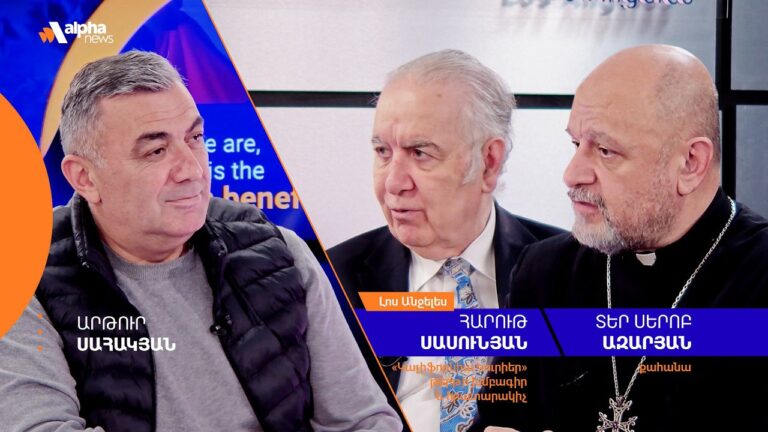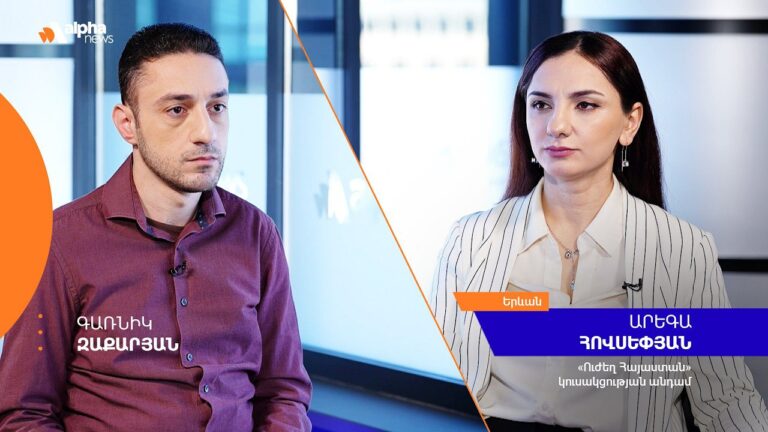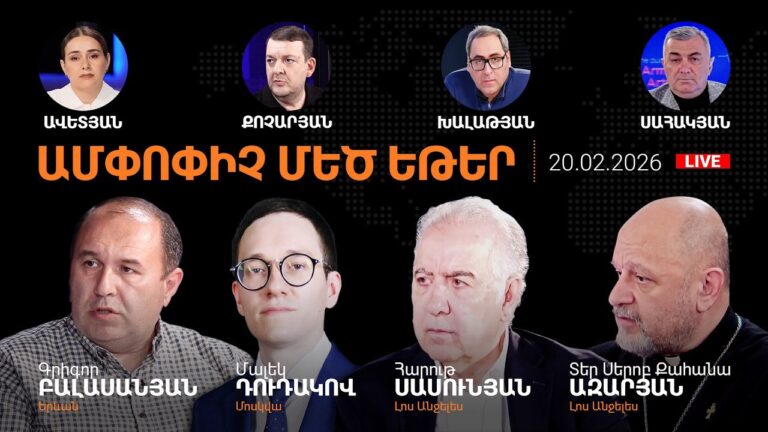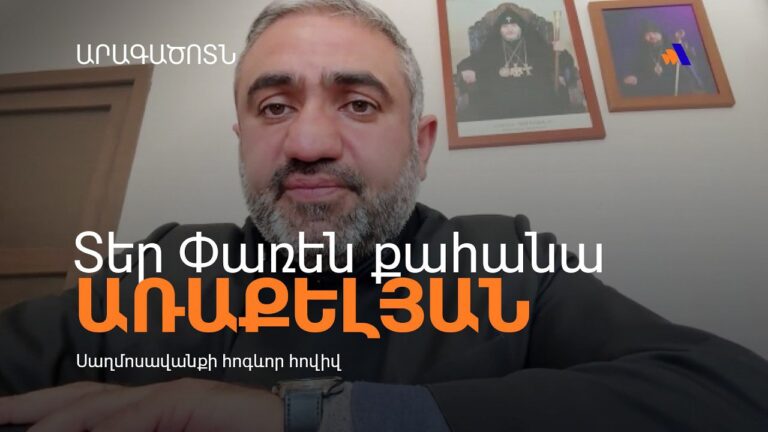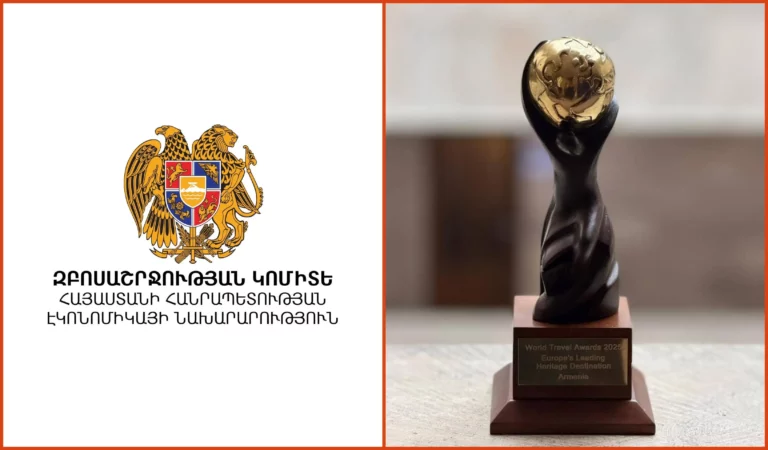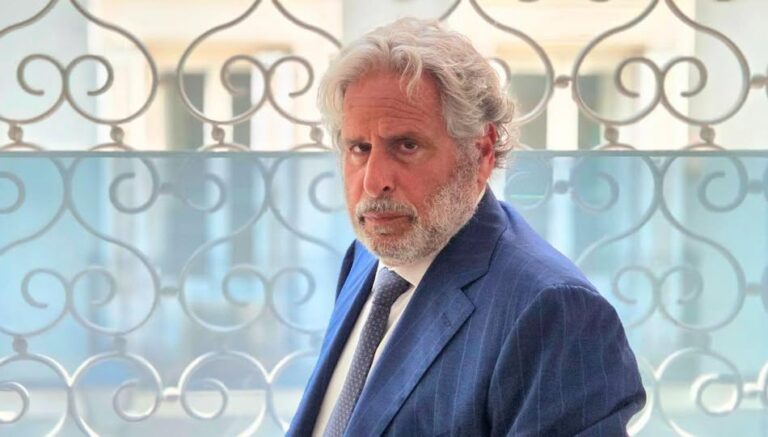‘They will hardly be able to agree on anything’: expert on Putin-Pashinyan meeting
Speaking with Alpha News, Russian political scientist Nikolai Starikov commented on Armenian Prime Minister Nikol Pashinyan’s non-participation in the Victory Parade in Moscow on May 9 as well as the talks between Vladimir Putin and Nikol Pashinyan.
“There is every reason to believe that in 2024, non-participation in the Victory Parade will have strong political overtones. The Armenian Prime Minister is trying to avoid such overtones: he flies to Moscow on May 8 and will go back on May 9, although it would be quite logical to stay and attend the Victory Parade.
They say, ‘The pitcher goes so often to the well that it is broken at last.’ If you begin to actively cooperate with the West, the main direction of which is the demonization of Russia and its president, then you cannot behave otherwise. This is the rule for more or less ‘decent’ communication with the West today. Unfortunately, the Armenian government has set a course for dissolution in the West, not realizing that it will not become part of the West, but the Armenian statehood, unfortunately, can dissolve,” the political scientist said.
The expert expressed deep skepticism regarding the results of the meeting between the leaders of Russia and Armenia.
“I don’t expect anything from these talks simply because Pashinyan is moving towards the West, which means that there simply cannot be serious, fundamental agreements with him. He will not negotiate, the West will not allow him.
He made his choice quite a long time ago and is systematically moving away not only from Russia but also from the interests of the Armenian people and the Armenian state. Boorish behavior with partners, allies, and simply with other states, fortunately, is not the signature style of Russian leadership. There is such a science as diplomacy. If you do not meet with the leaders of other states, then what can you ask or demand from them?
And what will you then offer them? Therefore, you must meet, discuss, and try to come to an agreement. From the outside, we can state that they will hardly be able to agree on anything,” Starikov concluded.

